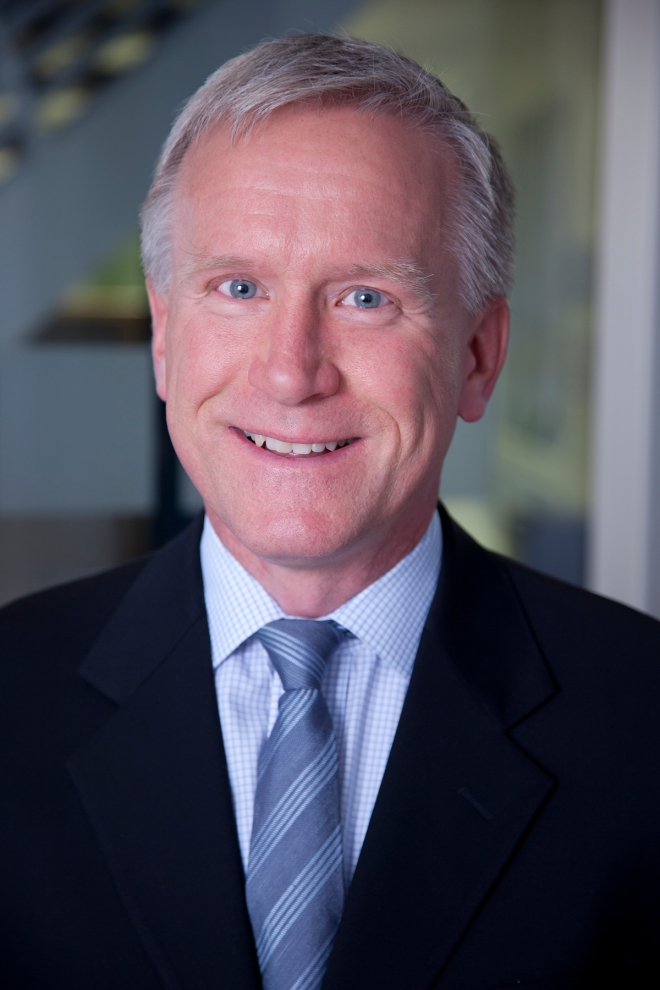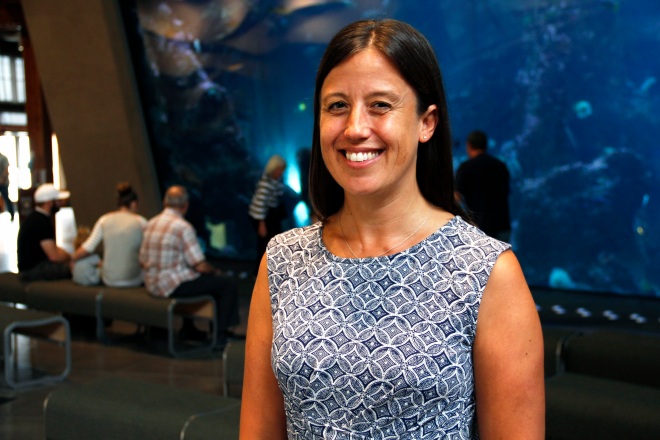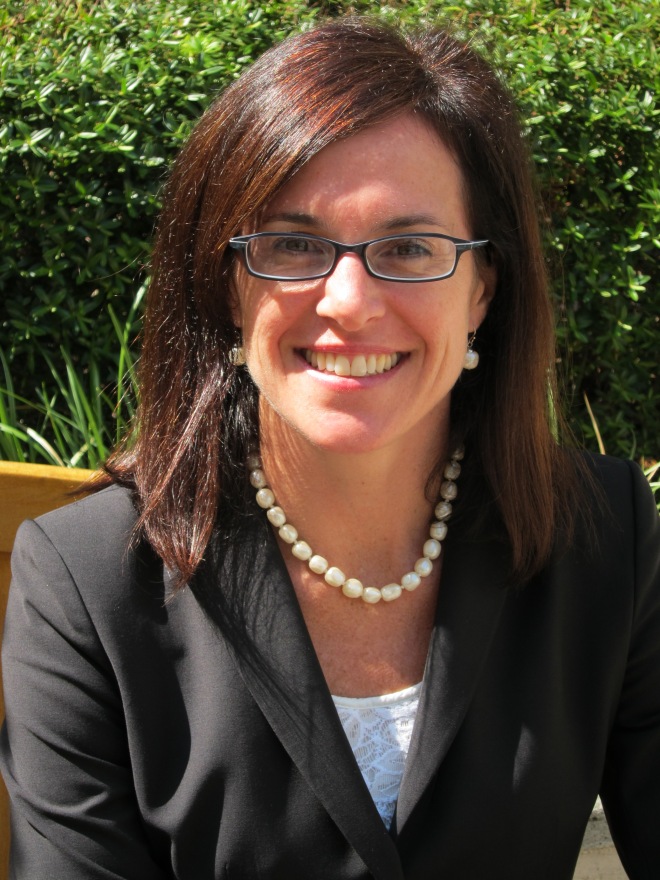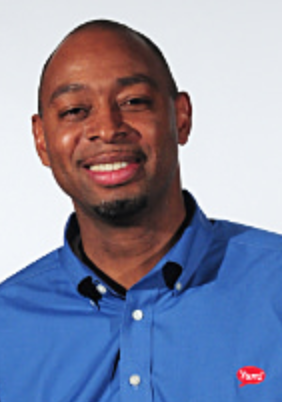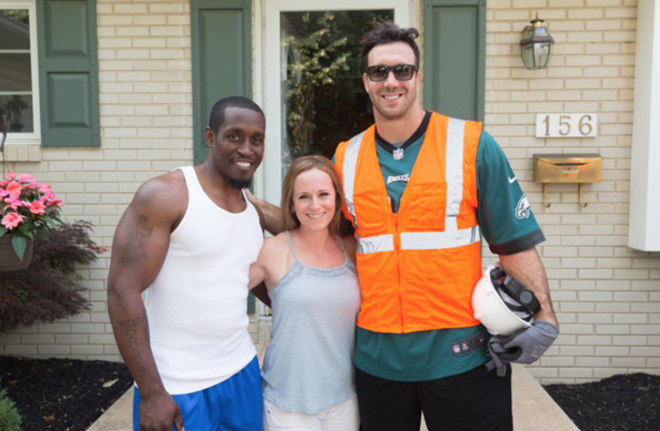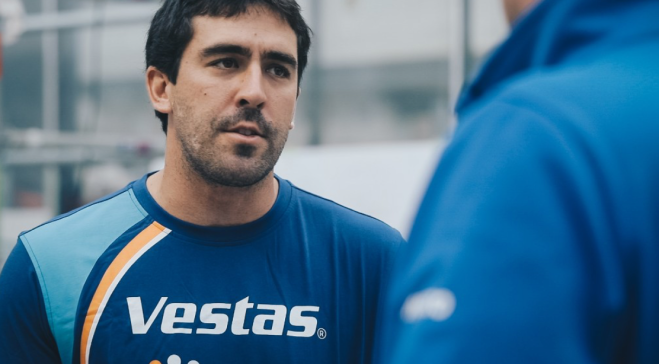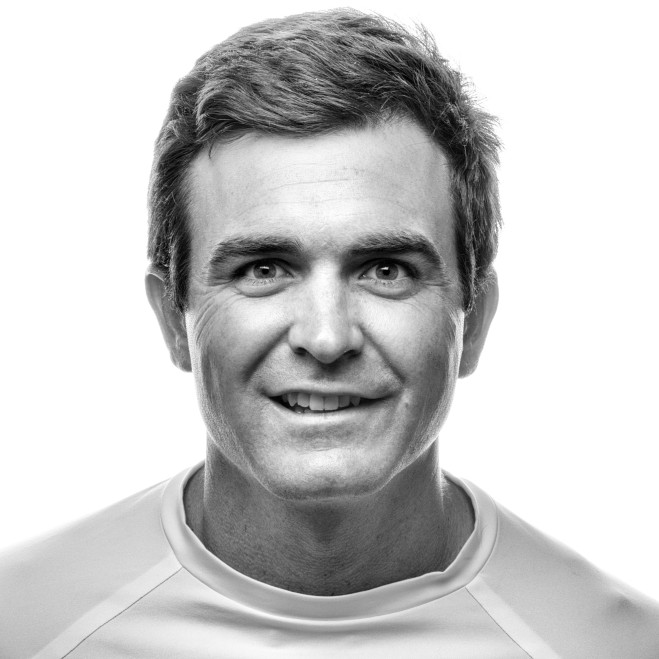Roger McClendon was named Executive Director of the Green Sports Alliance on January 15. The former Chief Sustainability Officer of Yum! Brands took a break from the whirlwind of his first six weeks weeks on the job to talk with GreenSportsBlog about his path to the Alliance and his early thoughts on where the organization needs to go.
GreenSportsBlog: Congratulations, Roger! I’m sure you’re being pulled in a million directions, so let’s get into it. When did your interest in sustainability and sustainable business begin?
Roger McClendon: Thank you, Lew, for the opportunity to talk to GreenSportsBlog readers. I’m an engineer by academic training and a graduate from the University of Cincinnati. Early in my professional career I studied and worked on automating manufacturing processes in a paper mill using control theory and algorithms to improve production efficiency. I also worked on wastewater treatment and power generation systems. Those projects focused on important questions like how do you reduce waste and improve the process as well as save money?
So it was that mindset that drew me to sustainability, technology, and innovation. Of course this work became the foundation of my environmental sustainability experience and background. And, as time went on, I became interested in the social and governance sides of the sustainability equation as well. Things like diversity, how workers are treated, human trafficking, public policy, shareholder proposals, etc. These are, I think, undervalued aspects of the sustainability world, and was something I pushed in my role as Chief Sustainability Officer at Yum! Brands.
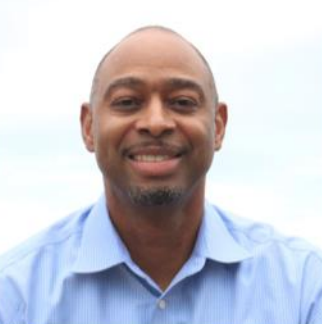
Roger McClendon, the new executive director of the Green Sports Alliance (Photo credit: Green Sports Alliance)
GSB: Speaking of the CSO job, that didn’t exist before you took it on in 2010. How did you come to create it? And how did Yum! Brands management react?
Roger: Sustainability was not really on top management’s radar screen when I brought it to them in 2009-10. But you have to understand David Novak, the founder of the company, which was a spinoff of the restaurant brands KFC, Pizza Hut, and Taco Bell from PepsiCo was a passionate values-driven leader. His management style recognized that, by putting people first, profits would follow, not the other way around. Before the Yum! Brands spinoff, I had worked my way up through the engineering ranks at KFC and, in so doing, had seen that prioritizing sustainability would grow profits and drive new business.
So after the spinoff, I saw that the new company had a Corporate Social Responsibility or CSR function but there was a big gap: Sustainability was not included. I saw this as a huge opportunity for the company. I conducted some benchmarking studies internally to see how applying a sustainability lens — efficiency, innovation, environment — could improve our best practices. Then I looked outside the company to see how corporations like GE and P&G were treating sustainability. Eventually, I made a presentation to top management about how sustainability could be a powerful business driver. They loved it! David did ask ‘Why should I make you CSO?’ I said ‘Because I’m already doing the job!’ And that was that.
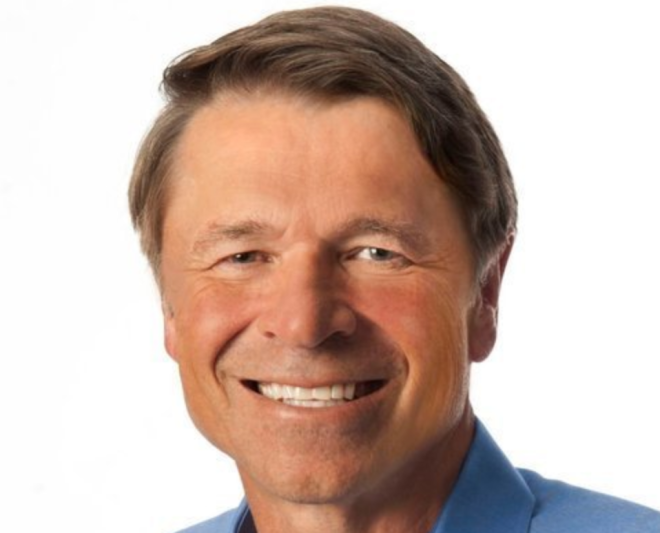
David Novak (Photo credit: Yum! Brands)
GSB: Great story! Was there any pushback from management and/or the rank-and-file at Yum! Brands about sustainability? Did some say things like ‘Why are we doing this tree hugger, Berkeley stuff?’
Roger: There was some of that cultural stuff but the broader challenge was that big change is difficult, especially in a penny-profit business like restaurant chains. I mean, we worried about each napkin that we bought. Getting 16, 17 year-old employees and franchisees to implement programs and promotions was always a heavy lift.
GSB: How did you overcome that?
Roger: Well we always looked to show all stakeholders how sustainability aligned with value creation. And we emphasized, especially with millennial and GenZ employees, that we were transforming Yum! Brands into triple bottom line company — People, Planet, Profit. And now the company is well on its way to living those values.
GSB: Aside from the very important transition on corporate values, what were some of Yum! Brands biggest sustainability wins during your tenure as CSO?
Roger: Thanks for asking. We helped drive energy efficiency initiatives that have resulted in an estimated savings of 4.3 megawatt hours (mWh) of electricity globally. Yum! Brands also created Blueline, a sustainable restaurant design, build, operational, and maintenance standard that uses key restaurant-relevant aspects of LEED, paired with proven, actionable solutions in areas such as lighting and optimized hood exhaust and ventilation systems.
These initiatives and more resulted in Yum! Brands being named to the Dow Jones Sustainability North America index in 2017 and 2018. We also earned Top 100 Best Corporate Citizens status by Corporate Responsibility Magazine, also in 2017 and 2018.
GSB: Have any of the major Yum! Brands messaged sustainability to consumers?
Roger: Consumer messaging really has been centered on the local level rather than through national ads. KFC in Australia did a local campaign around its switch to canola oil. That screams sustainability and health without actually saying it. And the folks got it.
GSB: Which is great. I understand you retired from Yum! Brands last spring but you’re way too young to be fully retired. Was Green-Sports and the Alliance on your radar at the time?
Roger: Not really. I mean, I was well aware of the sports greening movement, especially since KFC, Pizza Hut and Taco Bell sponsor all manner of sports. And I’d been at conferences at which folks from the Alliance spoke. So I knew Green-Sports was a growing and good thing but I wasn’t looking at it as a landing spot when I retired from Yum! Brands.
Instead I worked with the Aspire Basketball Foundation in Louisville where my family lives. It teaches life skills, leadership, and personal development to high school students and those in a gap year before college, all through the prism of basketball, which I played at the University of Cincinnati and love. That’s what I was doing when I heard about the opening at the Alliance. I reached out to Scott Jenkins, the Board Chair at the GSA and we talked about the job, how I would be able to magnify the impact of Green-Sports at a high level. I thought, ‘this sounds like a great fit’ so I went for it.
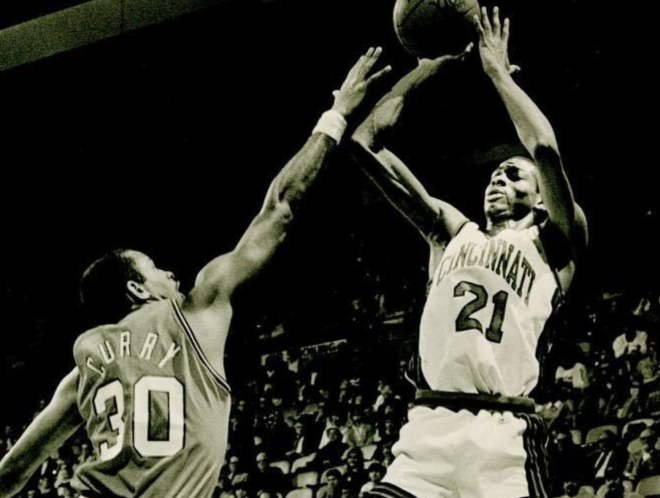
Roger McClendon, while a member of the University of Cincinnati Bearcats, launches a jump shot over Virginia Tech’s Dell Curry, aka Steph Curry’s dad (Photo credit: University of Cincinnati Athletics)
GSB: And you got it!
Roger: I’m very thankful and realize that, as I take this position, I realize I stand on the shoulders of giants who created the Green-Sports movement like Christina Weiss Lurie, minority owner of the Philadelphia Eagles and their Go Green initiative, the late Paul Allen, owner of the Portland Trail Blazers, Seattle Seahawks and Sounders, and an early funder of the GSA, and Allen Hershkowitz, one of the true Green-Sports visionaries.
GSB: Indeed. And, as you take the helm at the Alliance, you do so as the movement is at what I see as a pivot point, from a Green-Sports 1.0 world, in which the focus is on greening the games and venues, to the Green-Sports 2.0 world, in which the emphasis shifts to engaging fans, both those who attend games and those who consume sports via media. I know it’s early days, but with that backdrop, what do you see as the top two or three items on your agenda?
Roger: That’s a great way to frame it, Lew. And you’re right, it’s early days. So my first order of business is engaging the Board, teams and venues, and the media to get a great sense of the state-of-play in Green-Sports. At the same time, I think we need to take a look at what’s next — Green-Sports 2.0 as you call it — and then what comes after that.
GSB: Green-Sports 3.0?
Roger: That’s right.
GSB: What do Green-Sports 2.0 and 3.0 look like to you right now?
Roger: First, it’s important to note that the sports world has done an admirable job on Green-Sports 1.0, greening the venues…
GSB: Thanks certainly go to the Alliance for its part in 1.0.
Roger: I wasn’t here for that work, obviously, but I’ll accept that thanks on behalf of the people who were. The greening of stadiums, arenas, and training centers needs to continue. And then we need to go forward on not only fan engagement, but also on helping our member teams, venues, leagues and more take on environmental and social issues in ways that have measurable impacts. The 17 UN Sustainable Development Goals or SDGs can serve as great metrics for us.
GSB: Absolutely. Of course seven of the 17 SDGs focus on the environment¹. Going forward, will the Alliance work mainly on helping its members on those seven green SDGs? Or will it look to put as much weight on the social and governance aspects of sustainability, as it does on the environment?
Roger: The United Nations Sustainable Development Goals is one framework that I think the Alliance can leverage with our key stakeholders and determine where we should focus and prioritize. It can help us focus on what has the most material impact to our partners, members, fans, and communities as a whole.
There is a process of engagement, alignment, strategy development and execution planning that the Alliance will facilitate with our partners, members, and other key stakeholders. I anticipate that the Alliance and our partners will focus primarily on social and environmental sustainability issues and less on governance.
GSB: Finally, I want to get your take on climate change. I think it’s fair to say that the sports world at large and the Alliance to this point have, for the most part, stayed away from the topic. How do you want to take it on?
Roger: Well this gets into what problems do we want to help solve. Can we impact things like access to clean drinking water, dealing with drought, wildfires, and more? I say yes and we need to get involved in a strategic, focused way to do that sooner rather than later. But do we need to get into the politics of climate change? I think we should stay away but, at the same time, focus on doing what we can to help venues and teams to reduce their emissions.
GSB: Understood. Thing is, I think it will be much harder to stay away from climate change and the politics surrounding it with the recent introduction in Congress of the Green New Deal proposal. How might the Alliance’s alter its approach to climate change in a Green New Deal world?
Roger: We don’t have to debate climate change as the science is evident. We do have to act as a responsible citizen, business, community, city and country. We need to focus on improving sustainable operations and supply chains as well as partnering and investing in smart city infrastructure and develop social and environmental awareness and engagement movements to engage future generations.
GSB: Sounds good, Roger. I look forward to our future conversations to see the types of Green-Sports 2.0 initiatives the Alliance undertakes under your leadership, particularly on fan engagement and climate change. In the meantime, all the best.
¹ Seven SDGs that focus on the environment are Clean Water and Sanitation, Affordable and Clean Energy, Sustainable Cities and Communities, Responsible Consumption and Production, Climate Action, Life Below Water and Life on Land. The rest of the SDGs are: No Poverty, Zero Hunger, Good Health and Well-Being, Quality Education, Gender Equality, Decent Work and Economic Growth, Industry/Innovation/Infrastructure, Reduced Inequality, Peace and Justice, Partnerships to Achieve the Goals
